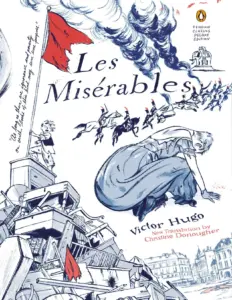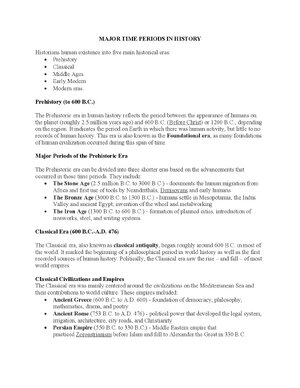This document OceanofPDF.Com Les Miserables Victor Hugo offers an insightful English translation of Victor Hugo’s classic novel “Les Misérables.” With themes of social injustice, redemption, and love, this comprehensive 1908-page work delves into the lives of characters like Jean Valjean, Fantine, and Cosette. Translated by Christine Donougher and featuring notes by Robert Tombs, this document provides a deep exploration of 19th-century France, highlighting the struggles and triumphs of its inhabitants. Dive into this epic tale of compassion, sacrifice, and the pursuit of justice, making it a must-read for literature enthusiasts and those interested in historical fiction.















